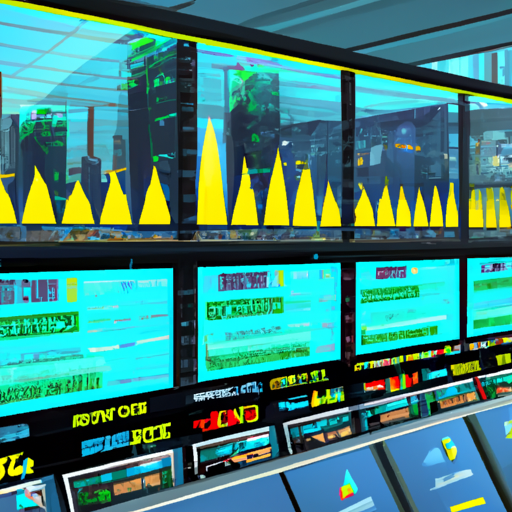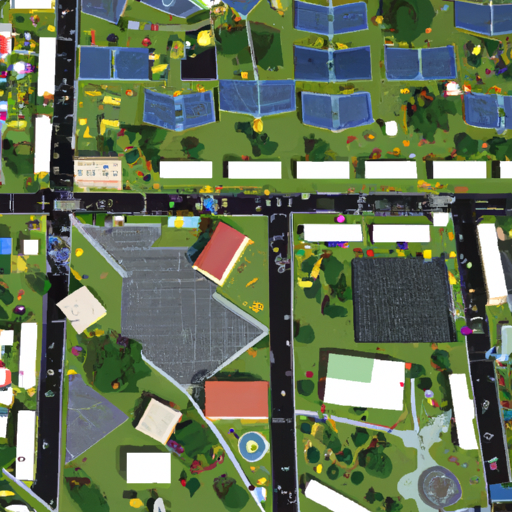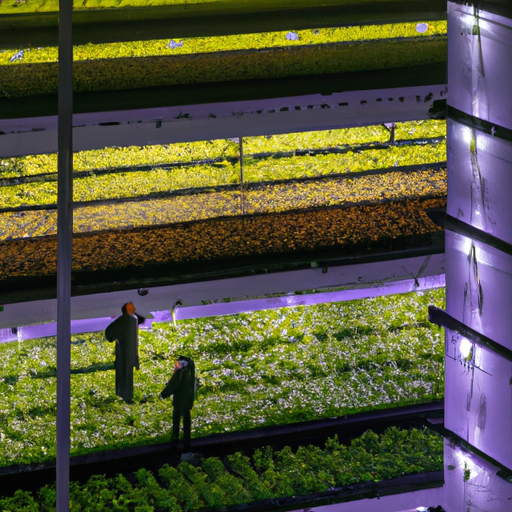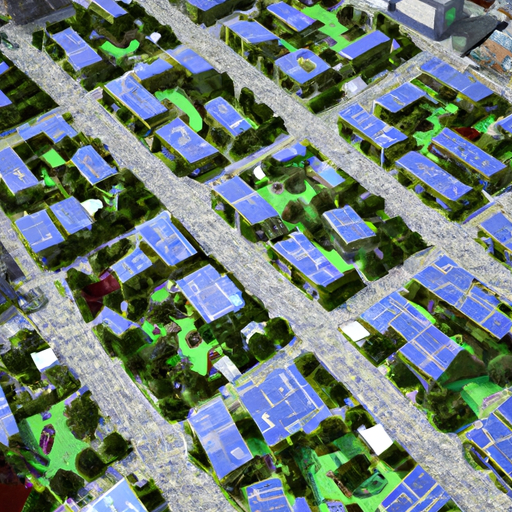Smart cities are revolutionizing urban sustainability through innovative technology and data-driven solutions. These cutting-edge developments are transforming how we live, work, and interact with our environment. The integration of IoT, renewable energy, and AI is creating more efficient and livable cities for future generations.

The concept of smart sustainable cities represents one of the most promising developments in our quest for environmental sustainability and urban efficiency. As our world becomes increasingly urbanized, the need for intelligent, resource-efficient cities has never been more critical. This comprehensive transformation of urban spaces is reshaping how we think about city living and environmental stewardship.
At its core, a smart sustainable city leverages cutting-edge technology and data analytics to optimize resource usage, reduce environmental impact, and enhance quality of life for its residents. These cities integrate various systems - from energy and water management to transportation and waste disposal - into a cohesive network that operates with unprecedented efficiency.
One of the key components of smart sustainable cities is the implementation of Internet of Things (IoT) technology. Smart sensors placed throughout the urban environment collect real-time data on everything from air quality and noise levels to traffic patterns and energy consumption. This data forms the foundation for informed decision-making and automated responses that can significantly reduce resource waste and environmental impact.
Energy management stands as a crucial pillar in smart city development. Advanced smart grids incorporate renewable energy sources, energy storage systems, and demand-response mechanisms to create a more resilient and sustainable power infrastructure. Buildings equipped with smart meters and energy management systems can automatically adjust their power consumption based on real-time demand and availability.
Transportation is another sector experiencing dramatic transformation in smart cities. Electric vehicle infrastructure, autonomous vehicles, and intelligent traffic management systems work together to reduce emissions and congestion. Smart parking solutions help drivers find spaces quickly, reducing the time spent circling blocks and the associated emissions.
Waste management in smart cities employs sensors in containers to optimize collection routes and schedules. Some cities have implemented underground vacuum systems for waste collection, significantly reducing the number of garbage trucks on the roads. Smart sorting systems and recycling programs help maximize material recovery and minimize landfill waste.
Water management systems in smart cities utilize advanced monitoring and control systems to detect leaks, manage pressure, and ensure water quality. Smart irrigation systems in parks and public spaces adjust watering schedules based on weather conditions and soil moisture levels, preventing waste and overuse.
Perhaps one of the most exciting aspects of smart sustainable cities is their potential to engage citizens in environmental stewardship. Mobile apps and platforms allow residents to monitor their own resource consumption, report environmental issues, and participate in sustainability initiatives. This engagement creates a more environmentally conscious population and helps drive behavioral changes necessary for long-term sustainability.
The implementation of artificial intelligence and machine learning algorithms enables these cities to become increasingly efficient over time. These systems can predict maintenance needs, optimize resource allocation, and even anticipate potential environmental challenges before they become critical issues.
Green building practices play a vital role in smart sustainable cities. Buildings incorporate features like green roofs, solar panels, and advanced insulation systems. Smart building management systems automatically adjust lighting, heating, and cooling based on occupancy and environmental conditions.
However, the development of smart sustainable cities isn't without challenges. Initial infrastructure costs can be substantial, and there are ongoing concerns about data privacy and security. Cities must also ensure that smart solutions are accessible to all residents, preventing the creation of technological divides within communities.
Despite these challenges, the benefits of smart sustainable cities are compelling. Studies have shown significant reductions in energy consumption, water usage, and carbon emissions in cities that have implemented smart solutions. The improved efficiency and quality of life also make these cities more attractive to businesses and residents, driving economic growth.
Looking ahead, the future of smart sustainable cities appears bright. Emerging technologies like 5G networks, advanced AI systems, and new renewable energy solutions will continue to enhance their capabilities. The lessons learned from current smart city initiatives will help shape even more effective and sustainable urban environments in the future.



